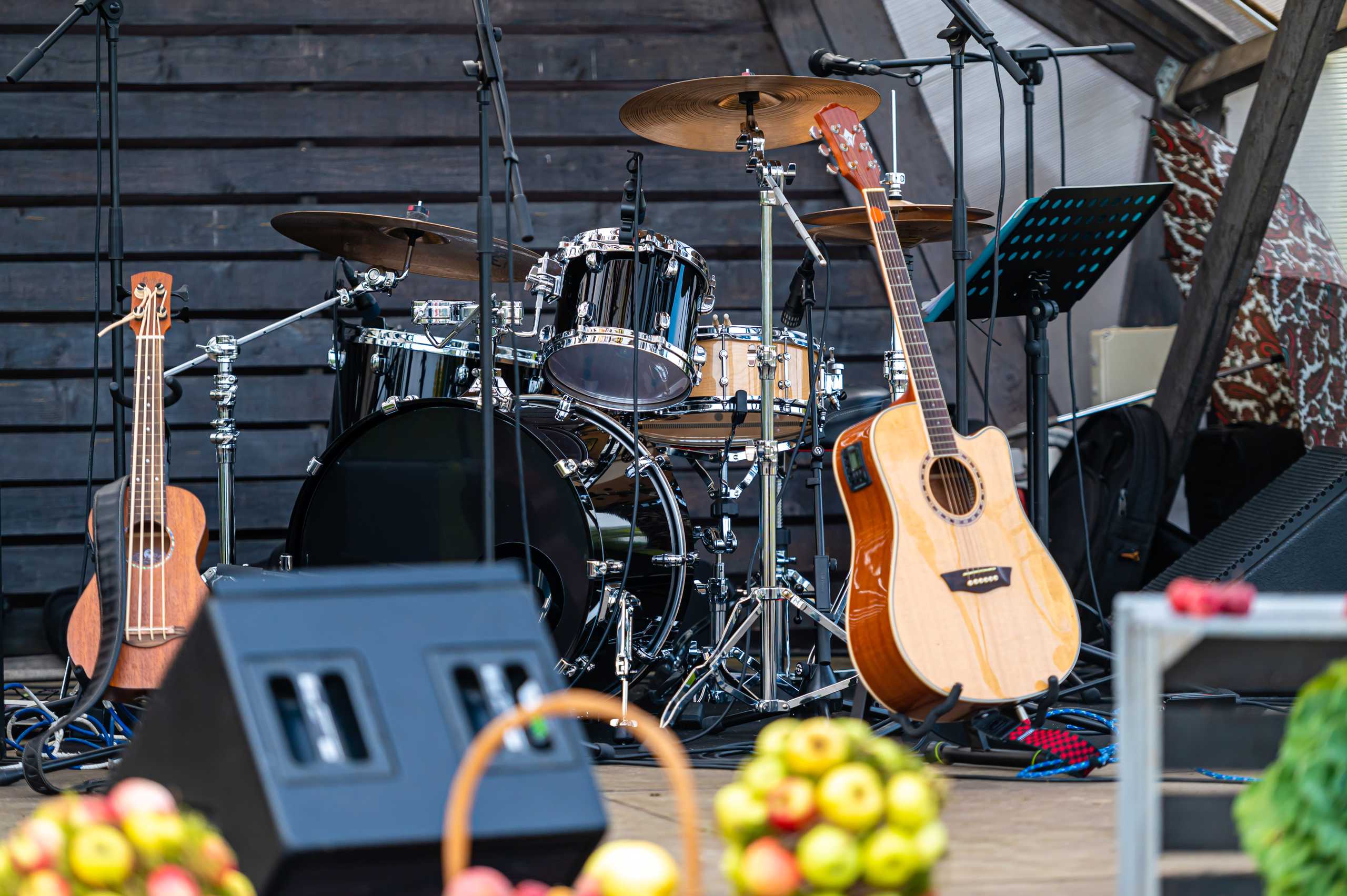Music is a universal language, but folk instruments carry a special essence—they tell the stories of people, places, and traditions. From Asia to Africa, Europe to the Americas, these instruments connect learners to centuries of cultural heritage, offering a unique journey into global music.
Exploring Asia’s Rich Melodies
Asian folk instruments, like the koto and shamisen from Japan or the erhu from China, have distinct sounds that convey both elegance and emotion. Learning these instruments allows students to:
- Experience traditional scales and techniques
- Appreciate regional musical storytelling
- Build technical skills through culturally rooted exercises
These instruments not only teach music but also cultivate a deeper understanding of Asian histories and cultural narratives.
African Rhythms and Vibrant Energy
Instruments like the djembe, balafon, and kora introduce learners to the rich rhythmic and melodic traditions of Africa. Playing these instruments develops:
- Complex rhythmic coordination
- A sense of communal music-making
- Expressive storytelling through percussion and strings
African folk instruments encourage creativity and improvisation, giving students the freedom to explore diverse musical ideas while respecting traditional forms.
European Folk Traditions
Europe offers a variety of folk instruments, such as the accordion, dulcimer, and bagpipes, each with its own cultural signature. Students exploring these instruments can:
- Discover regional music styles
- Enhance technical skill through traditional pieces
- Connect with European history and local customs
Through European folk music, learners gain a wider perspective on how music shapes identity, community, and celebration.
Integrating Global Lessons
FolkTuneCraft promotes cross-cultural understanding by encouraging students to explore multiple traditions. By combining techniques from different regions, learners can:
- Develop versatility and musical adaptability
- Create innovative compositions inspired by global heritage
- Participate in collaborative projects with fellow students
Studying folk instruments worldwide is not just about music—it’s a path to understanding humanity, connecting with diverse cultures, and expressing creativity across borders.

